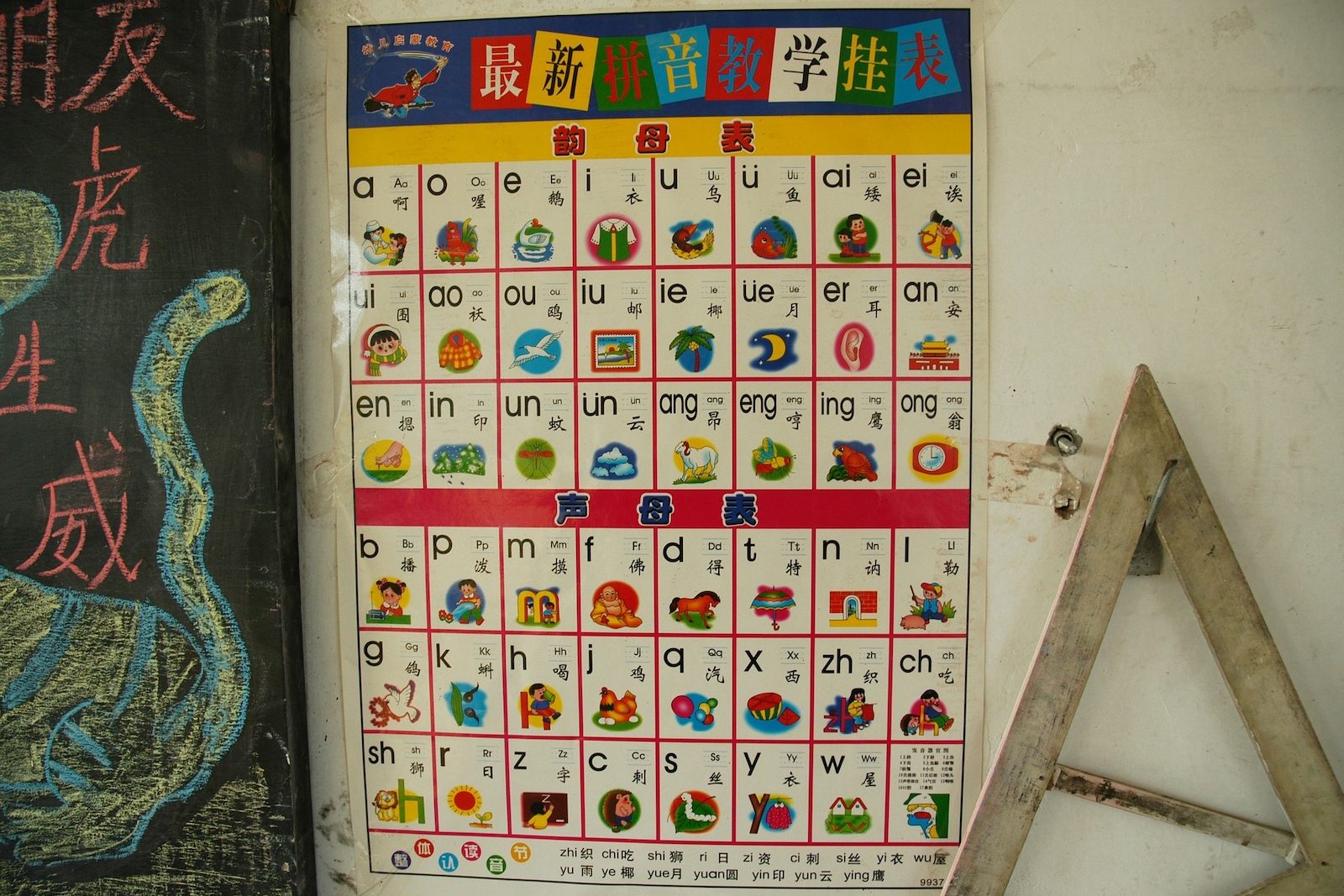
America’s Foreign Language Crisis
“De qué color era su falda!?” What color was her skirt!? My high school Spanish teacher would stand us in a line and rapid-fire ask us details from the story we read for homework. I would memorize each story out of fear of humiliation. If we got the question wrong, we were shamed and given a zero on the assignment. Disillusioned by my Spanish language experience, I studied French in college. With only three 45-minute classes each week, I graduated as an International Affairs major without proficiency in any foreign language.
This foreign language learning experience is far too common.
U.S. education policy has failed to prepare Americans for a global economy and global workforce. We need to increase the number of dual language immersion programs in elementary schools in order to increase the number of foreign language speakers. We need to meet the challenges of a competitive world.
There is an undeniable deficiency in the number of Americans who can speak a foreign language. Many Americans perceive that English is widely spoken worldwide. In reality, less than a quarter of the world speaks English, and a majority are non-native English speakers. Knowledge of a foreign language is essential to attract business, engage in foreign trade and diplomacy, and respond to global humanitarian emergencies. Foreign language skills facilitate meaningful connections with greater ease and speed. They also improve employability and international understanding. Ultimately, knowledge of a foreign language contributes to the economy, security, and to peace.
Without a national mandate, foreign language study is often only promoted when there is a specific crisis, such as in response to the 9/11 terrorist attacks or the Cold War.
That’s why we need dual language immersion programs. They are time-efficient. They incorporate language instruction into preexisting coursework, so a separate language class is not necessary. They afford all students the opportunity to become multilingual.
Early exposure to a foreign language prepares students for success. Children acquire foreign language skills quickly. They improve their problem-solving and reading skills. They even gain additional proficiency in their native language.
Most importantly, dual language immersion programs prepare the next generation to respond to emerging threats, engage internationally, and build strong partnerships. These programs provide students with a deeper understanding, appreciation, and tolerance of other cultures and languages. They contribute to an appreciation for diversity at home and abroad.
One of the largest challenges to implementing dual language programs is the current shortage of qualified language teachers. Over time, dual language immersion programs will increase the number of foreign-language speakers, thus providing a wider pool of potential teachers to meet student needs.
English-only proponents fear that dual immersion threatens American identity. Public awareness campaigns to inform parents of the numerous benefits of language learning can ease that fear. Parents can also help to decide which language is taught, so that community needs are met and understood. We all have a stake in these programs.
Despite lacking foreign language skills, I continued to recognize the value of language acquisition. I embarked on a fellowship to study Swahili in Tanzania. I developed a love and passion for Swahili which I now share with my language students as a volunteer teacher in the nation’s capital. Language skills and cultural awareness build trust and understanding. They create opportunity. They contribute to the economy, to security, and to peace.

